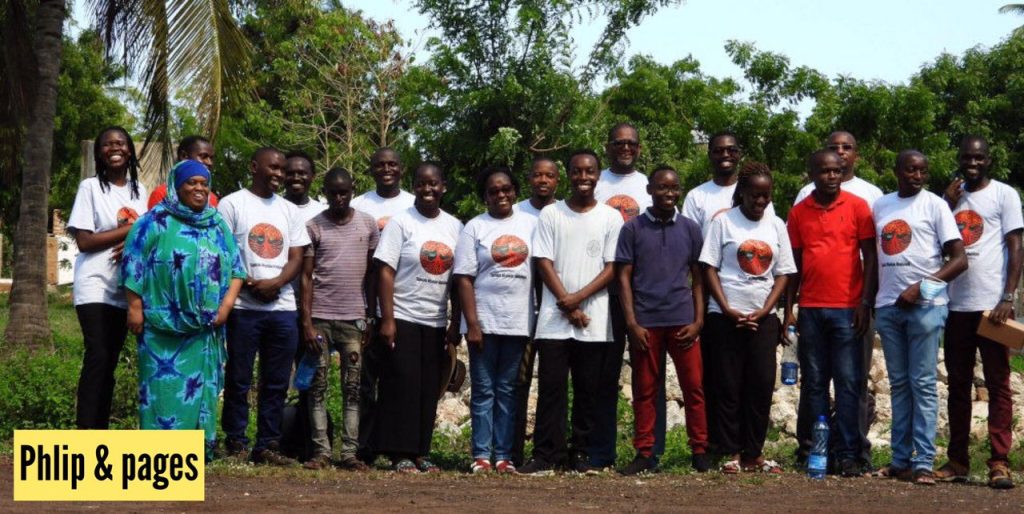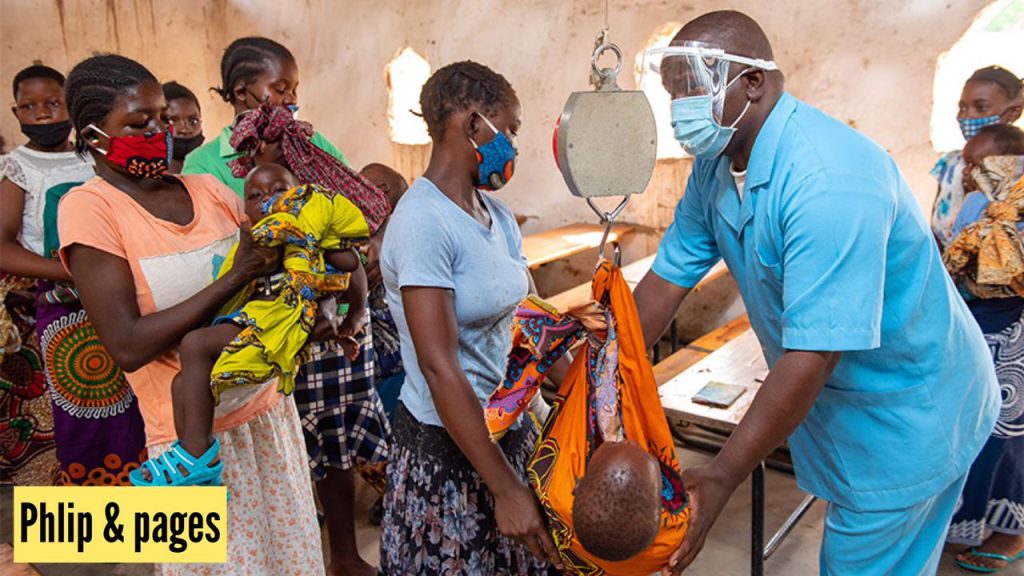Urban areas in Africa are known for their rapid growth, bustling streets, and vibrant cultures. However, the urban lifestyle can also bring about unique mental health challenges due to various factors such as overcrowding, high levels of poverty, social disparities, and limited access to mental health resources. In this article, we will explore coping mechanisms and resilience strategies that individuals in urban Africa can employ to overcome these mental health challenges
Building Supportive Communities

One essential aspect of overcoming mental health challenges is fostering supportive communities within urban environments. By creating safe spaces where people can openly discuss their experiences without fear of judgment or stigma, individuals can find comfort in knowing they are not alone. Encouraging community engagement through support groups or grassroots initiatives helps create a network of understanding and empathy among those facing similar struggles.
Promoting Self-Care Practices
Self-care plays a crucial role in maintaining good mental health. Encouraging self-care practices within urban African communities is vital for combating stressors associated with city life. Individuals should prioritize activities that promote relaxation and well-being such as exercise routines suited to their circumstances (e.g., walking or dancing), engaging hobbies like art or music therapy, practicing mindfulness meditation techniques tailored to busy lifestyles.
Utilizing Technology for Mental Health Support
In today’s digital age, technology offers new opportunities for accessing mental health resources even when traditional avenues may be limited in some urban African settings. Mobile applications providing meditation exercises or virtual therapy sessions offer convenient ways to address one’s emotional well-being remotely while adapting to the demands of city living.
Strengthening Community Healthcare Systems

Improving access to quality healthcare services is crucial for addressing mental health issues effectively in urban Africa. Governments must invest more resources into establishing comprehensive community-based healthcare systems that integrate both physical and psychological care services tailored specifically towards the needs of urban populations. This includes training healthcare workers to recognize and address mental health concerns, establishing mental health clinics in accessible locations, and promoting awareness campaigns.
Advocacy for Policy Change

Advocacy plays a significant role in raising awareness about mental health challenges and calling for policy changes at both local and national levels. By engaging policymakers, community leaders, and stakeholders, it is possible to influence positive change that prioritizes mental health within urban African communities. This may involve pushing for increased funding towards mental health programs or initiatives aimed at reducing social inequalities that contribute to poor psychological well-being.
Summary

Overcoming mental health challenges in urban Africa requires a multifaceted approach encompassing various coping mechanisms and resilience strategies. By fostering supportive communities, promoting self-care practices, utilizing technology for support, strengthening community healthcare systems, and advocating for policy change; individuals can develop effective tools to navigate the complexities of urban life while nurturing their own well-being. With concerted efforts from all sectors of society, we can create environments where mental health is valued and supported throughout urban Africa.
















